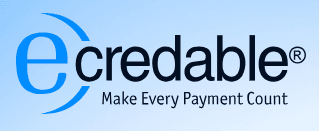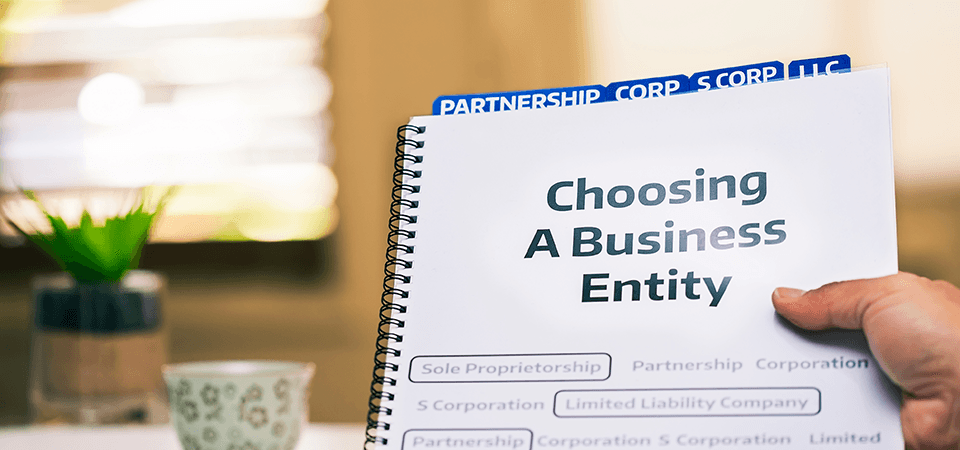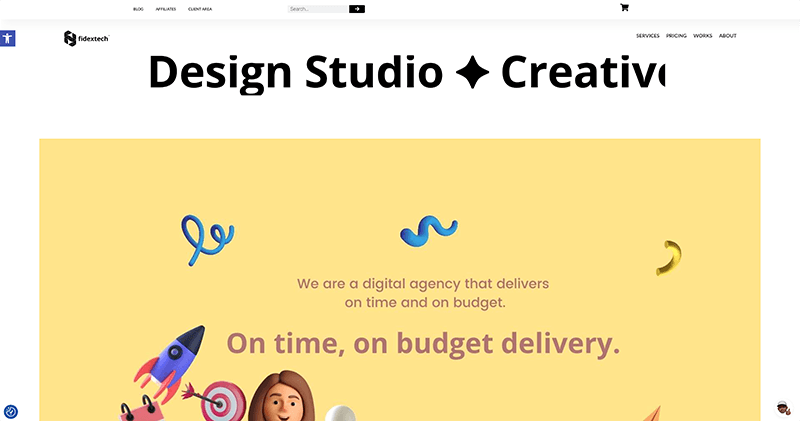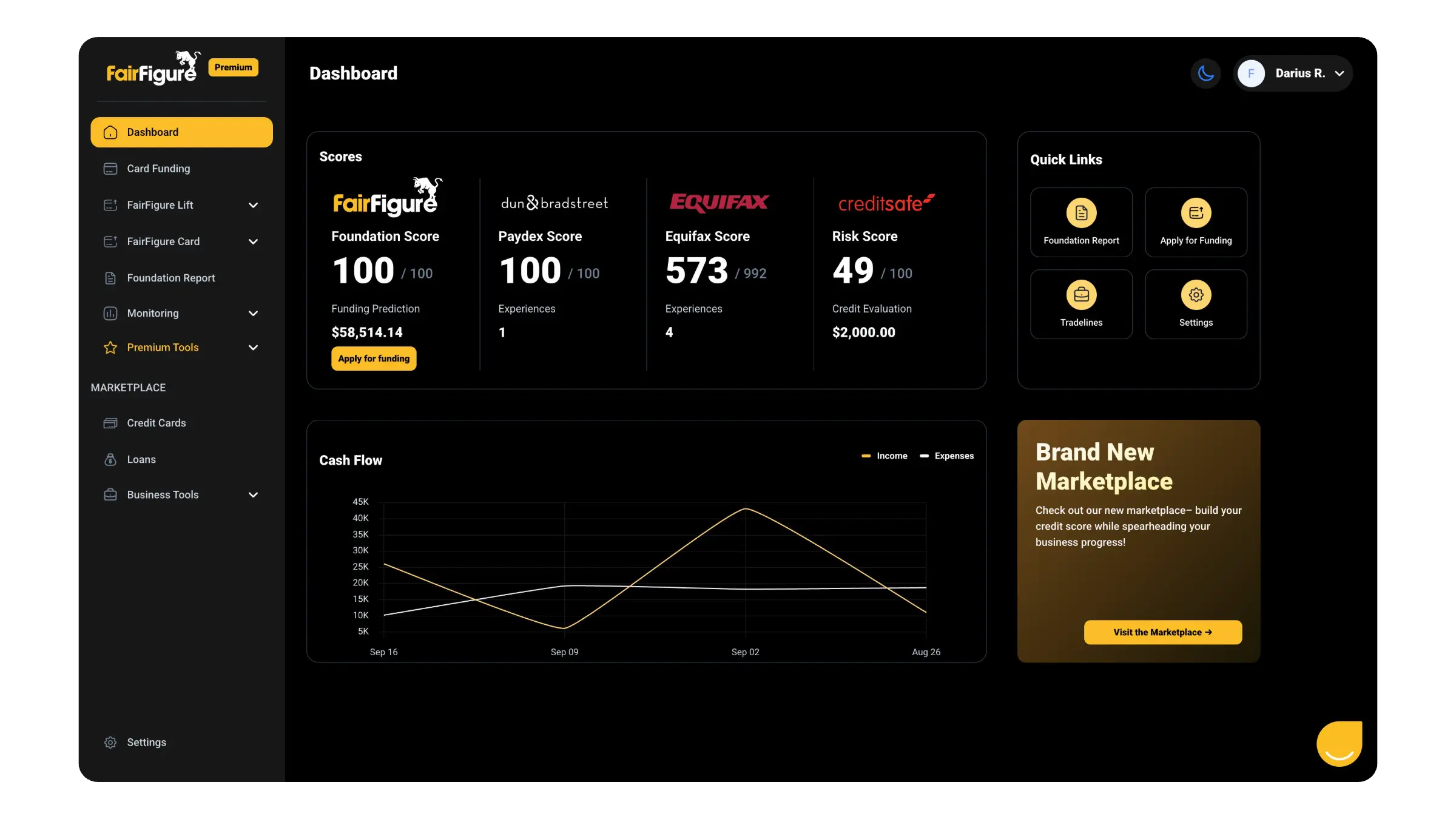Business Tradelines That Build Credit - And Give Financing
Author: Nick Alex Gallo
January 22, 2026
12 min read
TABLE OF CONTENTS

Start your credit building journey for your business

What Are Business Tradelines?
Business tradelines are credit accounts opened in your business entity’s name and reflected in its credit reports. You often have to use the entity’s Employer Identification Number (EIN) to apply for them instead of your Social Security Number (SSN).
There are two primary types of business tradelines:
- Vendor tradelines: These are trade credit accounts you open with a vendor or supplier that doesn’t specialize in issuing credit. For example, the issuer might be an office supply company or a home improvement retailer.
- Financial tradelines: These are credit accounts you open with a company whose primary offering is credit and financing, such as a bank, credit union, or an online lender.
Vendor tradelines tend to be more accessible than financial tradelines but tend to provide less favorable terms and less flexible repayment arrangements.
As a result, new business owners often start by opening vendor tradelines and work their way up to financial tradelines.
For example, vendor tradelines, like net 30 accounts, only provide extended repayment terms, but you can qualify for them with only a few months of business history.
Meanwhile, financial tradelines, like business loans, can finance significant purchases, but you need years of business history and good credit to qualify.
Business Tradelines We Recommend
Fortunately, there are countless business tradelines readily available in the digital age. Here are some great options to get you started:
1. FairFigure

Here at FairFigure, we help you take advantage of two tradelines in the form of our business credit monitoring service and our FairFigure Capital Card.
Our business credit monitoring service provides you with comprehensive monitoring for all your credit needs. We also offer features like fast report disputes and corrections.
Meanwhile, our FairFigure Capital Card is an EIN-only product.
We don’t require a personal guarantee, personal credit check, or a deposit. All you need is a business that’s been operating for three months or longer and at least $2,500 in monthly revenue. We base our funding on your business revenue. The more you make, the more you get funded.
We report to the SBFE, Equifax, Creditsafe, and our Foundation Report.
2. eCredable

eCredable is a business credit-building service that reports your monthly subscription as a tradeline and turns recurring business expenses into vendor tradelines.
They offer two subscription plans. The basic subscription costs only $19.95 a month. The Business Lift+ subscription with accounting package syncing costs $39.95 per month.
They report the subscription as a tradeline to D&B, Equifax, and Experian. They report recurring business expenses to Equifax and Creditsafe. Eligibility will vary depending on the bills you report. You may also need to pay extra for on-demand account verification (if applicable).
3. Wise Business Plans

Wise Business Plans’ net 30 account is a great vendor to work with.
Wise Business Plans offers a net 30 account that you can use to purchase professional business planning services. They utilize MBA business plan writers and consultants to plan out your business, and they feature a wide range of business plans to suit your business’s needs.
They also offer professional services like custom website creation and digital marketing.
It’s open to new business owners and reports to two major business credit bureaus, Experian and Equifax. If you’re also in the market for a business plan, it’s a great choice.
These three tradelines are a good place to start, but if you’re looking for more options, consider signing up for Credit Suite’s Fundability System.
It’s a step-by-step program that helps you use business tradelines to build a strong business credit score from scratch in six to nine months, on average.
Whether you get help or tackle the challenge on your own, make sure to open a mix of vendor and financial tradelines for the best results.
It’s easiest to start with vendor accounts, but that’s not a hard-and-fast rule.
You can qualify for some financial tradelines as a new business owner, like certain business credit cards.
Why Business Tradelines Are Important
Business tradelines are essential for building the business credit you need to secure the best credit accounts.
Business credit scores work a lot like consumer credit scores, relying heavily on the quality and length of your payment history to determine your creditworthiness.
As a result, you must open business tradelines and use them responsibly for extended periods to establish a good business credit score. That means making your monthly payments on time and keeping your credit utilization manageable for a year or two.
In addition to helping you build credit, a business tradeline can benefit your finances, even one at the low end of business credit tiers. For example, we would consider Wise Business Plans a tier 1 business credit vendor.
A net 30 account may not be as impactful as a 7(a) loan through the Small Business Administration (SBA), but having an extra month to pay a supplier is still good for your cash flow.
Don’t Buy Business Tradelines Before Knowing These 4 Things
1. Not All Business Tradelines Report to the Business Credit Bureaus
Remember, a tradeline isn’t just another term for a credit account. It specifically refers to a credit account that shows up in your business credit report and contributes to your business credit scores.
That’s a critical distinction because not all credit accounts do appear in your business credit reports. Every issuer has the right to set its own credit reporting policy with no obligation to share your data with the bureaus.
Speaking of, the primary business credit bureaus differ slightly from the main consumer credit bureaus. They include Experian Business and Equifax Business, but not TransUnion. Instead, the third major business credit bureau is Dun & Bradstreet (D&B).
Since sharing your data with each credit reporting agency costs money, it’s relatively rare for issuers to report to all three. As a result, you’ll need more business tradelines than you might otherwise to fill all your business credit reports.
2. Be Leery of Buying Shelf Companies
Shelf companies are legal entities someone has created and “shelved,” putting them aside to age. They usually don’t engage in business, but some owners open tradelines in their names to establish their business credit scores.
In theory, you can purchase shelf companies to avoid the hassle of creating and aging your own entity.
If the seller opened tradelines in the shelf company’s name, you can also take a shortcut to good business credit, which can take months or years to build otherwise.
Shelf companies aren’t illegal, but the ones that come with pre-established business tradelines are potentially problematic. If you use one to manipulate the credit system, it could backfire in a major way.
The most significant risk is that you use a shelf company to qualify for a credit account you couldn't have gotten otherwise, then default. Not only would you be liable for the debt, but you may also be vulnerable to a lawsuit for fraud.
Issuers base their decisions on your creditworthiness for a reason. If they find out you used a shelf company to get around their underwriting requirements, they won’t be happy.
Feel free to use one to skip the entity formation process, but think twice before buying someone else’s business credit history and claiming it as your own.
3. Have More Than One Tradeline
You can only build business credit a little bit with a single tradeline. Your progress will generally be faster the more you open. Having multiple accounts fleshes out your payment history, and juggling several lines of credit is more impressive to creditors than managing one.
As a result, it’s typically in your best interest to open several business tradelines when you start building business credit.
Five to tex is a good initial goal. It’s usually best to start with vendor tradelines, as they’re easier to qualify for as a new small business owner. You need to be well established and have a good credit score to get most financial tradelines.
For example, Bank of America only offers term loans to companies with two years in business and $100K in annual revenue.
If you have a good personal credit score, you can lean on it to access accounts your business might not qualify for on its own by signing a personal guarantee. However, that means taking on personal liability for your company’s debts, which may not be worth it.
4. Use Your Business Tradelines
Opening business tradelines is essential but not sufficient for building business credit. You must also use your credit accounts consistently and keep them in good standing. Above all, that means making your monthly payments on time.
Business credit scores don’t use exactly the same algorithms as personal credit scores, but payment history is still their most impactful scoring factor.
All creditors are primarily concerned with getting their money back, and a history of making payments on time is the best indicator you’ll do so in the future.
As mentioned above, having multiple should help you build business credit more quickly, but don’t get overextended. Stick to a mix of tradelines you can afford to use regularly without the risk of paying late.
If you can pay early, that’s even better. Unlike consumer credit scores, some business credit scores reward you for paying before the due date.
For example, D&B’s popular PAYDEX Score goes up to 100, with scores beyond 80 reserved for those who pay up to 30 days sooner than their contracts require.
How To Get a Business Tradeline
When you’re ready to start building your company’s credit score with business tradelines, here are the steps you should follow:
- Request an EIN from the IRS: An EIN is like an SSN for your business. It’s a tax ID number that lets your business enter into contracts and apply for credit accounts in its name instead of yours. Fortunately, any small business owner can get a free EIN from the IRS, even sole proprietorships.
- Research suitable tradelines: There are significant variations between business tradelines, and not all of them will suit your circumstances. Prioritize tradelines that are accessible to applicants like you, report to multiple business credit bureaus, and come from vendors that sell something you actually need.
- Apply to a few tradelines at a time: Applying for vendor tradelines costs money, either through an application fee or a minimum order requirement. As a result, it’s wise to apply one or two at a time to avoid wasting resources. That approach also lets you work incrementally toward more favorable accounts.
Building a healthy mix of business credit tradelines is a long-term project that can take months or even years to accomplish, so it’s a good idea to start early. You might not need a business loan yet, but you don’t want to wait until you do to start preparing your business credit profile.
How To Find Out Who Business Tradelines Report To
Which business credit bureaus a tradeline reports to should always be one of your most significant considerations. After all, none of your activities will benefit your business credit score if your account issuers don’t report them to the bureaus.
Fortunately, it’s usually not too difficult to figure out where tradelines report. Many issuers, especially vendors, advertise their credit reporting features as a way to attract customers. In that case, you can often find the details on their website.
If it’s not apparent on the application page, check their FAQs.
When you can’t find the information on an issuer's site, you can also reference third-party reviews and discussions. Articles like our Wise Business Plans Net 30 Review and forums like myFICO can be invaluable references.
If all else fails, you can contact the tradeline issuer directly and ask them to share more details about their reporting policies. If they decline, just use a different company, as there’s no shortage of alternatives.
How FairFigure Can Help You Get Funding While Building Your Business Credit
New business owners usually have to start building business credit with vendor tradelines, which offer limited financing benefits. You can only use them to buy from the issuing vendor, and most do little more than extend your repayment terms.
Fortunately, you don’t have to settle anymore. Most financial tradelines are inaccessible without business credit history, but FairFigure is an exception.
Our business card is open to companies with just $2,500 or more in recurring monthly revenue!
There’s no business or personal credit check involved, no personal guarantee, and no security deposit required. When you sign up, we report your monthly subscription payment and business credit card activities to the credit bureaus.
Not only do you get two additional tradelines, but you also receive free, best-in-class business credit monitoring and the ability to select the payback term for your account. Give FairFigure a try today!
More articles
Read More >
January 23, 2026
5 min read

January 23, 2026
5 min read

January 23, 2026
3 min read

Start your credit building journey for your business

Start your credit journey now with FairFigure